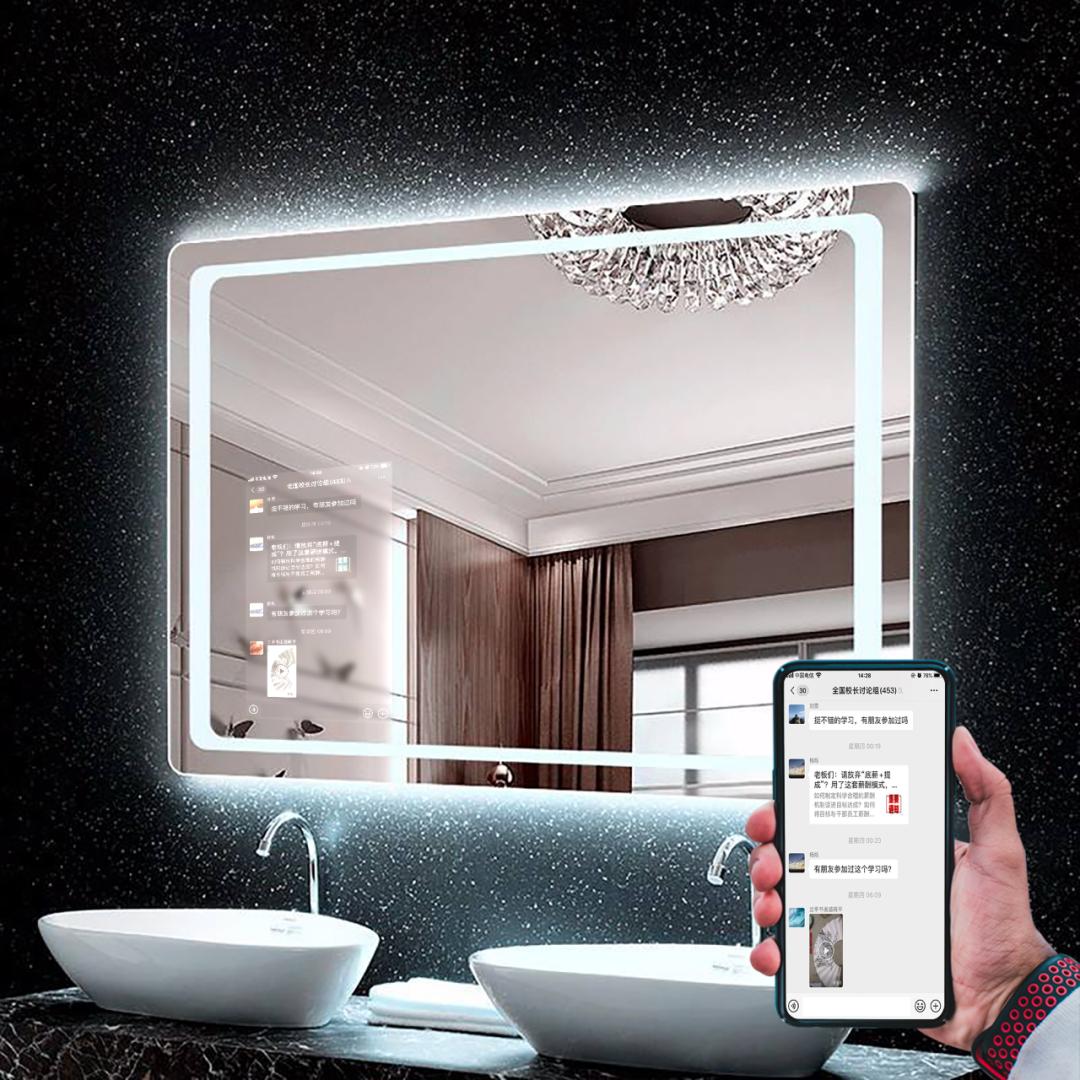The Bijie Multimedia Collaboration SDK Integration Solution is a complete wireless display, multi screen interactive application development kit, including the transmitter SDK and receiver SDK, compatible with AirPlay, Miracast, WiDi, GoogleCast, DLNA, BJCast (self-developed) screen projection protocols, and can adapt to iOS, Android, Windows, Mac OS, and Linux system devices. It provides customizable development interfaces and comprehensive technical documentation and demos, making it convenient for third-party partners to call and integrate.
Launcher SDK: Supports intelligent devices for Android, iOS, Windows, and Mac systems, and supports wireless screen mirroring on local area networks. Users can integrate the launcher SDK into their own apps or software applications, and use it with the Bijie screen mirroring receiver device to achieve wireless mirror screen mirroring on mobile phones, pads, and PCs.
Receiver SDK: Supports Android, Windows, Linux operating systems, fully compatible with chip platforms such as HiSilicon, Amlogic, Ruixin Micro, Sigmastar, Quanzhi, Intel, etc. It is compatible with Airplay, Miracast, WiDi, GoogleCast, DLNA, BJcast (self-developed by Bijie) wireless screen projection protocols, as well as USB data cable for wired screen projection, making it convenient for chip manufacturers, set-top box manufacturers, TV manufacturers, and device integrators to integrate.
Design diagram of transmitter SDK and receiver SDK
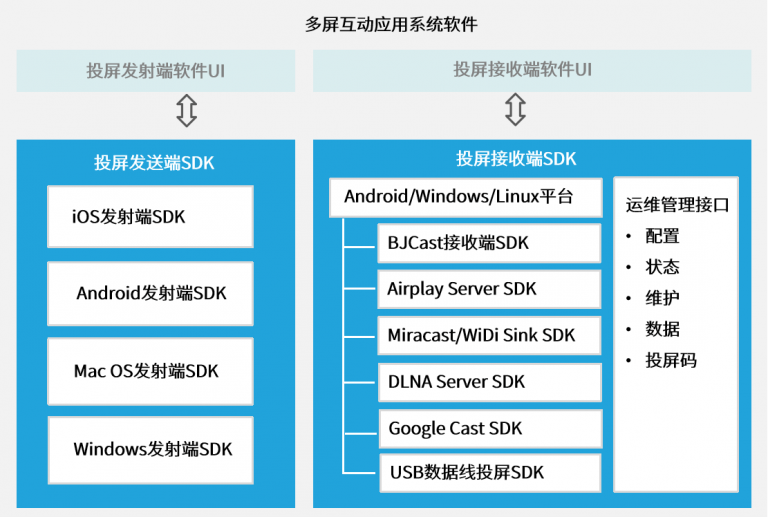
Native standard screen mirroring protocol (no software installation required for phone and computer screen mirroring)
④ Google Cast Receiver SDK
⑤ Android device USB cable for screen mirroring
⑥ IOS device USB cable connected screen projection
Bijie Private Screen Projection Protocol (Bijie Screen Projection Software needs to be installed for mobile and computer screen projection)
① BJCast Receiver SDK
② BJCast transmitter SDK
③ Group interactive SDK (projection end, reception end, interactive group)
In interactive classrooms, teacher screens are usually set as the primary device and group screens as secondary devices. The main device can initiate a broadcast function.
The master device can pull and display the screen of the slave device.
The interactive group has the following attributes:
– There is a domain ID, and different groups need to use different values through configuration constraints
– There is a main device in the group
– There are multiple slave devices within the group
– Slave devices are managed by the master device, and each device is identified by an agentID
SDK applicable scenarios:
1. Enterprise intelligent office integration
Integrating the transmitter SDK into smart office devices, through wireless screen projection and multi screen interaction, enables better intelligent office work and improves the efficiency of individual or group office affairs.
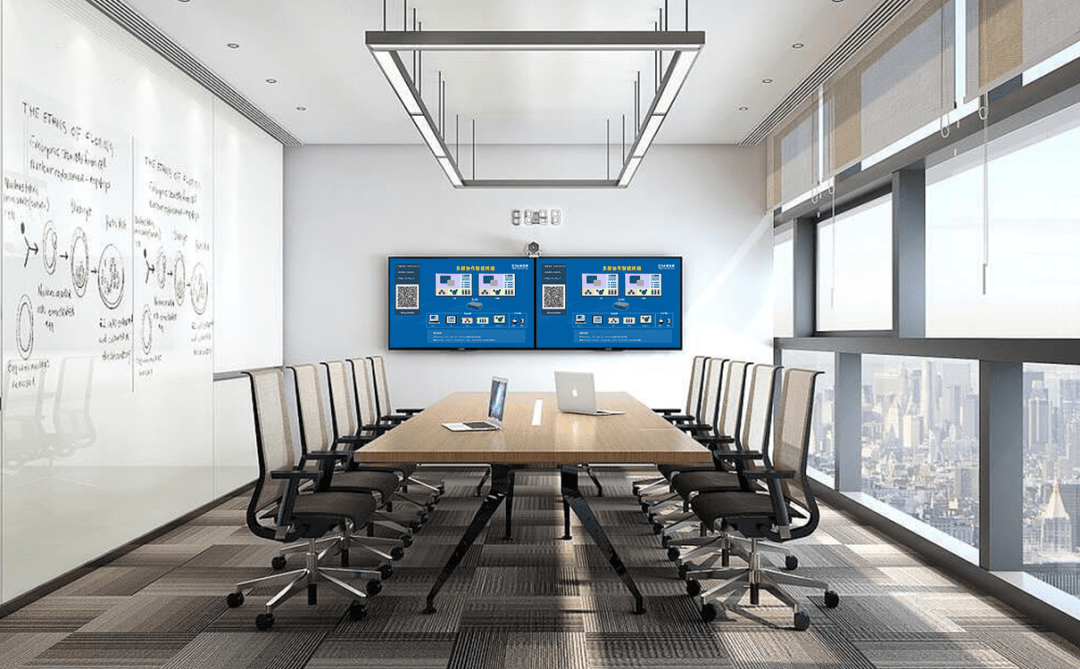
2. Integration of smart education equipment
Integrating the launch end SDK into smart education devices through central control, realizing functions such as smart podiums and group interactions, utilizing intelligent technology to build an intelligent teaching environment, optimizing the presentation of teaching content, promoting classroom interaction, etc., improving the quality and efficiency of classroom teaching, and truly realizing the deep integration of information technology and educational teaching.
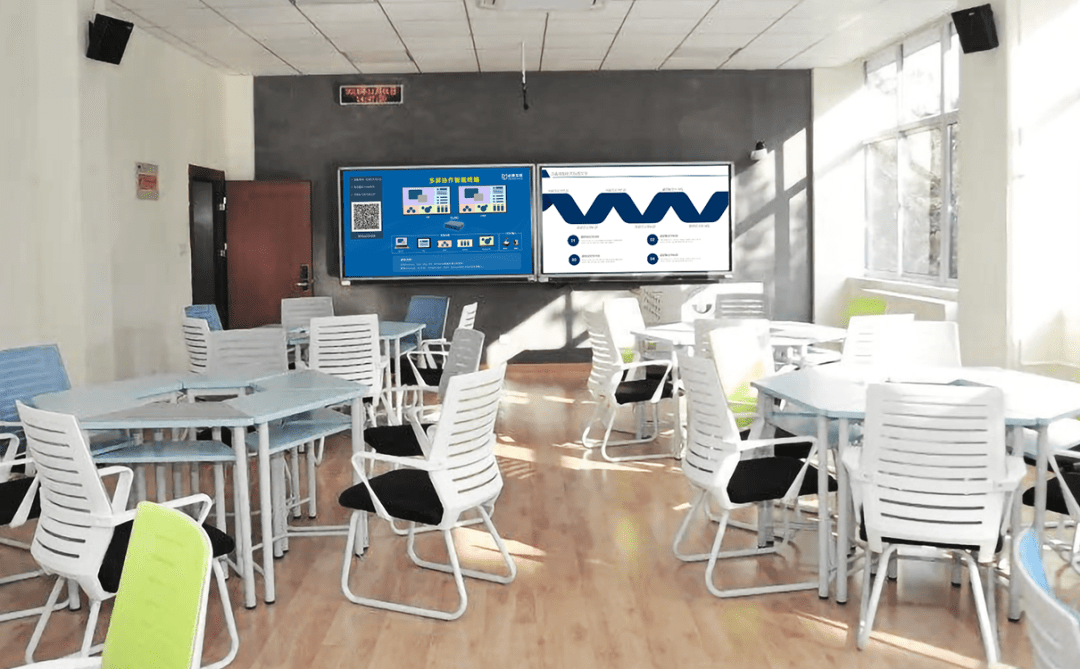
3. Intelligent hardware integration
- Intelligent projector
Integrating the SDK into a smart projector allows for wireless projection of conference content, reducing the complexity of programs and making it more convenient to use.
- Glass
Integrating the SDK into smart glasses can project games from VR glasses onto the TV for a wider user experience. Or project games from computers or mobile phones onto VR glasses to give users an immersive feeling.

- Vehicle navigation
Integrating the SDK into car navigation allows for direct projection onto the infotainment system when navigation is needed. The infotainment system has a larger screen and clearer map display, making it easier for drivers to view navigation information while driving. Some infotainment systems can also be projected onto the instrument panel, so drivers do not need to shift their gaze to the central control screen. They only need to look at the instrument panel, making driving safer.
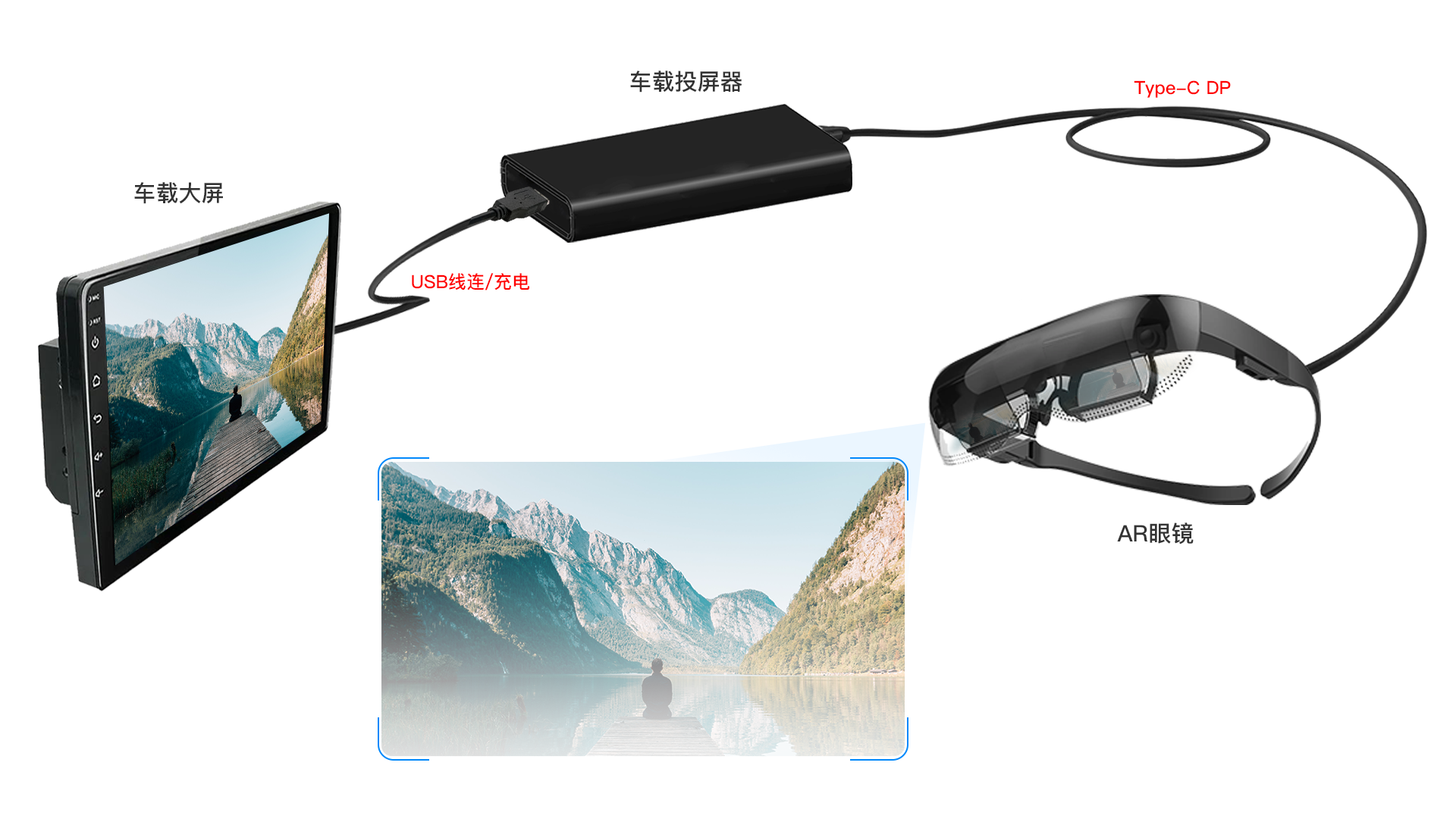
- Display large screen
Integrate the SDK into the display screen, supporting 1080p high-definition display, wireless screen mirroring on mobile phones and computers, seamless screen mirroring, and switching between large and small screens as needed; Apps such as iQiyi, Youku, and Tencent Video directly project videos, making it simple and easy to use.
- Smart Home
Integrating SDK into smart homes allows people to optimize their lifestyle and living environment by projecting recipes onto a range hood with a small screen, food preservation temperature onto a refrigerator with a screen, and skincare steps onto a mirror with a screen projection function. This helps people effectively manage time and save various energy.
